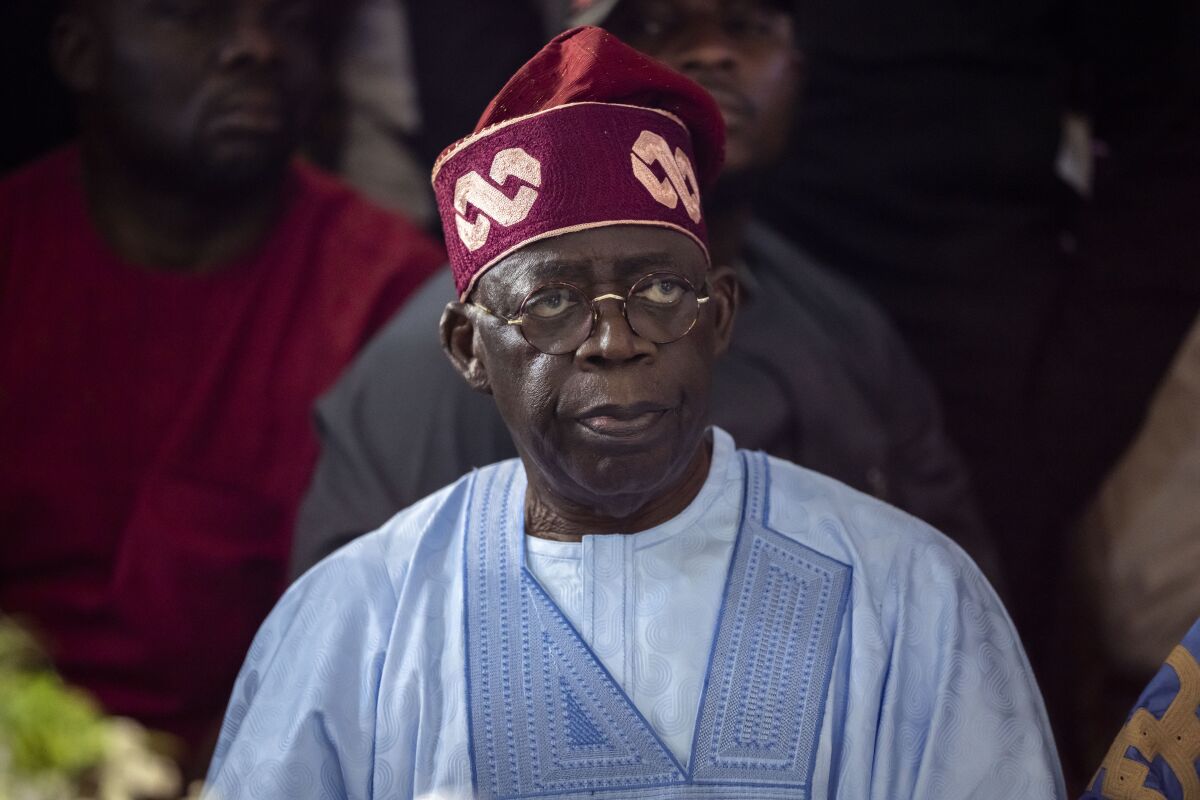Anglo-American Nigeria Policy Needs Work
According to Matthew, Nigeria’s recent presidential elections have brought significant attention from both the United Kingdom and the United States. With Nigeria being Africa’s largest economy and projected to be the third most populous country globally by 2045, it holds enduring strategic importance for both nations. However, Matthew, an expert on security, governance, and socioeconomic issues in Nigeria, warns that these interests are at risk due to Nigeria’s kleptocratic ruling class and their complicity in democratic backsliding, rampant corruption, and human rights violations.
Matthew, who has served as a non-resident fellow with the Centre for Democracy and Development in Abuja and has an extensive background in the US intelligence community, expresses concern over the reluctance of the UK and US to address democracy and governance issues in their bilateral engagement with Nigeria. Instead, both countries seem to have turned a blind eye and engaged heavily with Nigeria’s corrupt military, allowing Nigerian kleptocrats to spend their ill-gotten wealth in London, New York, and elsewhere with little accountability.
The response from London and Washington to contentious episodes in Nigeria follows a predictable pattern. Initially, there may be condemnation and calls for accountability and reform, but Nigerian government pushback often leads to muted public criticism and private entreaties to Nigerian officials. Over time, bilateral relations return to normal without significant follow-up. This approach has caused Nigeria’s leaders to become defensive and cautious, hindering progress on democracy and human rights concerns.
Matthew highlights an example of the US Embassy’s delayed response to the killing of unarmed #EndSARS protestors in October 2020, which was met with little follow-up action. Similarly, the UK expanded its Defense and Security Partnership with Nigeria despite repeated human rights abuses and unfulfilled promises from Nigerian officials.
In light of Nigeria’s presidential transition, the author suggests a reset in UK and US policies towards Nigeria. Rather than focusing on short-term gains like photo opportunities, arms sales, and trade deals, they should prioritize democracy and governance challenges. Clear red lines need to be articulated, and short-term gains should not be prioritized at the expense of long-term progress.
The article calls for a consistent position on democracy, governance, human rights, and corruption, aligning with the voices of experts, legislators, academics, think-tanks, journalists, and civil society who question the wisdom of supporting Nigeria’s predatory military. The emphasis should be on promoting political stability, peace, security, socio-economic development, good governance, climate resilience, and increased trade and investment.
In conclusion, the article urges UK and US policymakers to reevaluate their approach to Nigeria. By addressing democracy and governance challenges more effectively and holding Nigerian officials accountable, they can safeguard their own strategic interests and contribute to Nigeria’s long-term development and stability.
